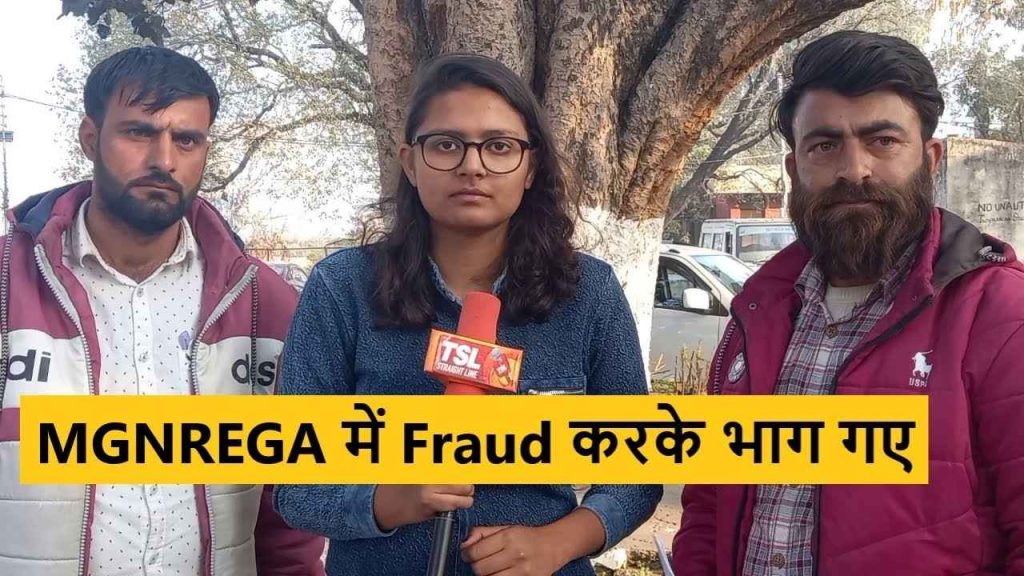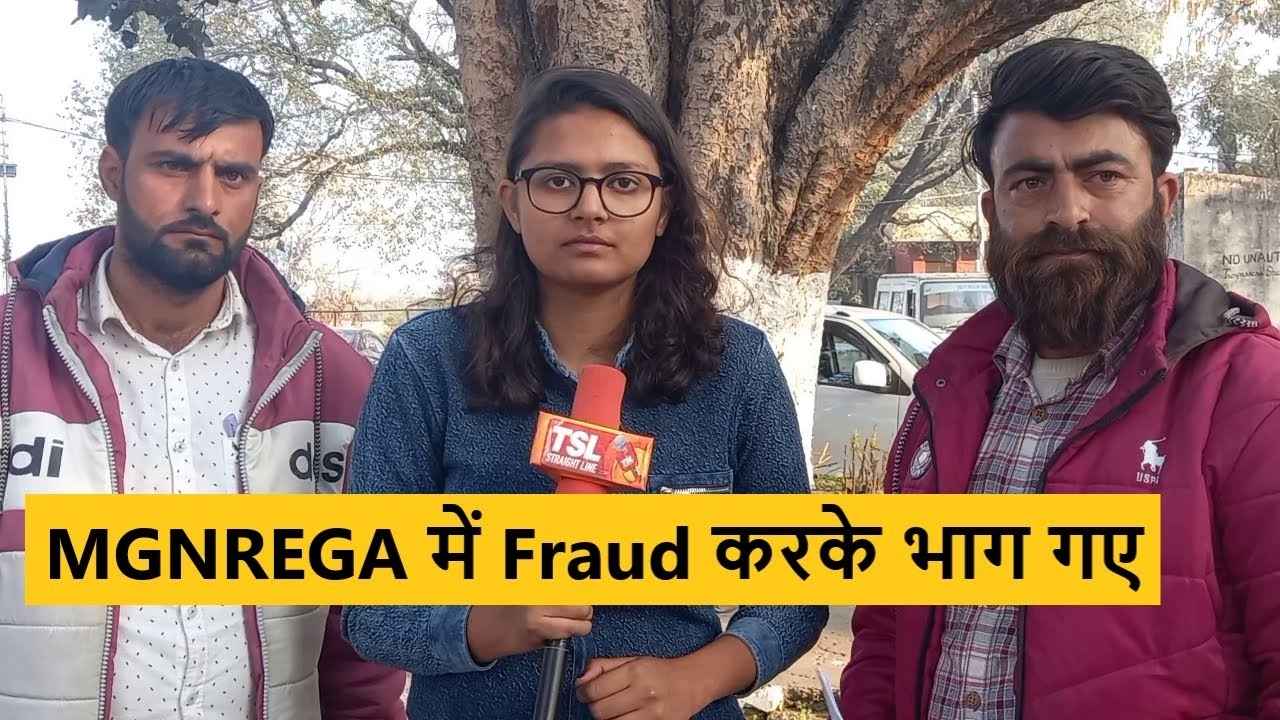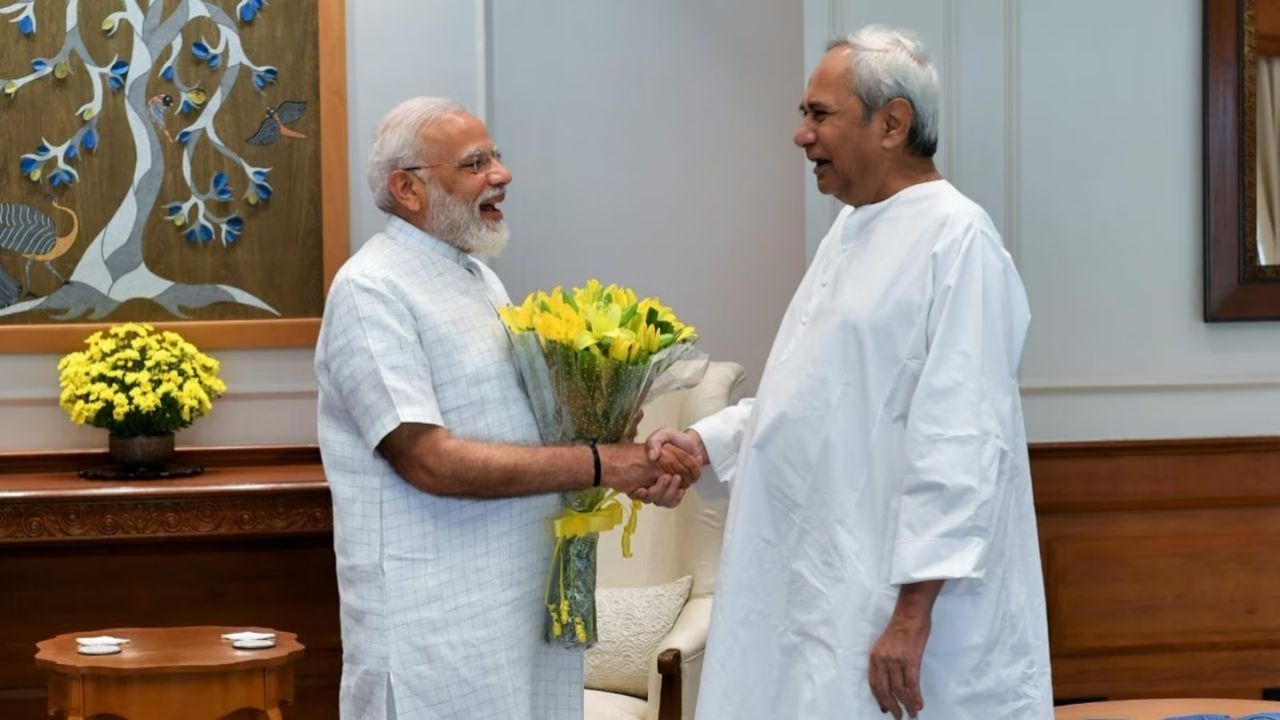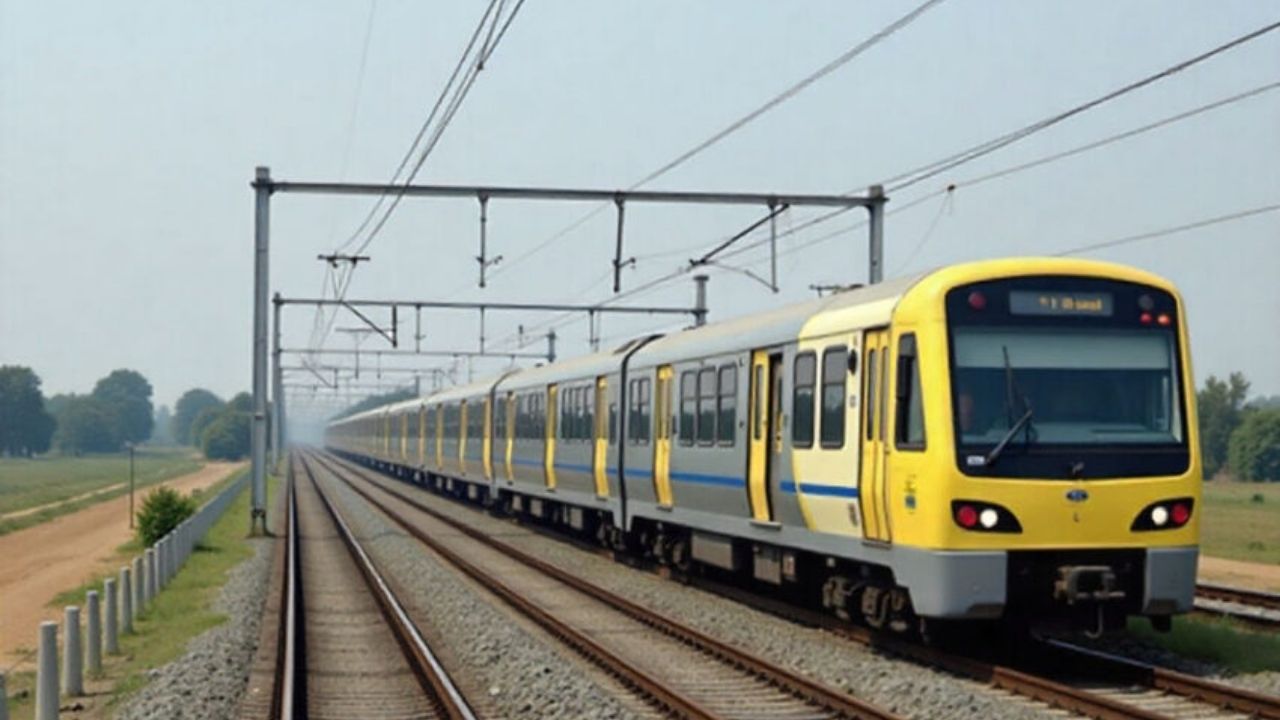In an alarming development, a massive corruption case has surfaced in Odisha’s Bolangir district. The issue revolves around the Driver of the Block Development Officer (BDO) of the Bangomunda block, who stands accused of embezzling large sums of money meant for rural employment under the Mahatma Gandhi National Rural Employment Guarantee Act (MGNREGA). This scandal sheds light on the deep-seated issues in the implementation of government programs, particularly in rural India.

MGNREGA, a landmark initiative aimed at enhancing rural employment and promoting infrastructure development, provides jobs to millions across the country. The funds allocated under this scheme are meant for creating sustainable livelihoods, improving rural infrastructure, and empowering local communities. However, as this case reveals, the mismanagement and manipulation of these funds have led to massive financial losses, depriving those who need it most.
BDO’s Driver Accused in Massive MGNREGA Scam
| Key Issue | Details |
|---|---|
| Accused Person | Pitambar Nag, Driver to BDO of Bangomunda block, Odisha |
| Scheme Involved | Mahatma Gandhi National Rural Employment Guarantee Act (MGNREGA) |
| Nature of Fraud | Embezzlement of funds allocated for rural employment and infrastructure development under MGNREGA. |
| Timeframe | Over a period of four years. |
| Tactics Used | Falsification of records, manipulation of financial data to divert funds. |
| Impacted Parties | Rural workers, local infrastructure projects. |
| Official Response | Investigations are ongoing. Neither the BDO nor the accused driver have issued statements. |
| Current Status | Investigations underway, but no official comment from authorities. |
For more details, you can refer to the official Odisha government website: Govt of Odisha.
The MGNREGA scam in Odisha’s Bolangir district highlights a significant issue in the implementation of rural development schemes in India. The embezzlement of funds by a local government employee not only deprives rural workers of their wages but also undermines the entire purpose of the program. To make the system more effective, stronger oversight, digital transparency, and public awareness are key.
It’s crucial to remember that initiatives like MGNREGA have the potential to uplift millions of rural families. But for that to happen, we need to ensure that the funds are used properly and reach those who need them the most.
What is the MGNREGA Scheme?
Before diving into the details of this particular scam, let’s understand the essence of the MGNREGA scheme. This legislation was enacted in 2005 to provide employment to rural Indians and improve infrastructure in the countryside. Its goals are simple: create sustainable livelihoods, enhance rural development, and empower local communities by providing at least 100 days of wage employment to every rural household whose adult members volunteer to do unskilled manual labor.
Over the years, MGNREGA has become one of the largest government schemes in the world. Yet, despite its lofty objectives, it has faced widespread allegations of mismanagement, fraud, and corruption. This recent scandal in Bolangir only highlights the need for more robust oversight and transparency.
How Did the Scandal Unfold?
The MGNREGA scam in Bolangir revolves around Pitambar Nag, who served as the driver for the Block Development Officer (BDO) of the Bangomunda block. According to investigators, Nag has been involved in a systematic scheme to siphon off funds allocated for rural employment. Over the course of four years, a significant amount of money that was supposed to be used for workers’ wages and development projects was diverted into private accounts.
The accused used various methods, including falsifying records and manipulating the system, to cover up the embezzlement. Funds that were meant to pay local workers for their labor were instead diverted to fake accounts or used for personal gain. This not only deprives workers of their rightful wages but also severely impacts the development projects in these communities, such as road repairs, irrigation systems, and other infrastructure initiatives.
The Larger Problem of MGNREGA Scams
This incident in Bolangir is not an isolated one. Corruption within MGNREGA has been reported in several parts of India over the years. Often, it involves local bureaucrats, contractors, and even low-level government employees who collude to pocket funds meant for rural development.
In Mayurbhanj district, another corruption case involved a former BDO named Anupama Ghosh, who allegedly misappropriated over Rs 11.53 lakh. Funds that were meant for rural development were suspiciously transferred to a computer firm, which was already under investigation for similar offenses. This pattern of corruption undermines the spirit of MGNREGA and its goal of poverty alleviation.
Why Does This Happen?
Understanding why such scams happen requires an examination of the systemic issues that plague the implementation of government schemes in rural areas. A few of the key reasons include:
- Lack of Proper Monitoring: There are numerous instances where funds are allocated, but due to poor tracking and monitoring, they end up being misappropriated.
- Inadequate Accountability: Many local government workers, like those involved in this scandal, understand that there’s a lack of stringent oversight, which makes it easy for them to misuse funds without getting caught.
- Weak Governance Structures: In some rural areas, governance structures are not strong enough to enforce accountability, and local leaders might have vested interests in allowing fraud to take place.
- Limited Awareness Among Workers: Often, the rural workers who are supposed to benefit from these schemes are unaware of their rights or how the funds are supposed to be distributed. This lack of awareness makes it easier for corrupt officials to exploit the system.
How Can These Issues Be Addressed?
The Bolangir MGNREGA scam has sparked calls for stronger measures to address corruption and ensure that rural employment programs benefit the people they are meant to help. Several steps can be taken to improve the system and ensure that the funds reach the right people:
1. Digital Transparency
The Indian government has already started experimenting with digital systems to ensure greater transparency. Aadhar-based identification and direct bank transfers for wages can minimize the chances of falsification and ensure that payments go directly to workers.
2. Stronger Monitoring
Regular audits and field visits by independent agencies can help detect fraud early. Engaging local communities in monitoring programs can also enhance accountability.
3. Public Awareness Campaigns
Educating local workers about their rights under MGNREGA and how to report irregularities is crucial. Community meetings and campaigns can help empower workers and reduce exploitation.
4. Improved Governance and Leadership
Stronger leadership and governance structures at the local level are essential to minimize corruption. Local authorities should be held accountable, and severe penalties should be in place for anyone caught embezzling funds.
Frequently Asked Questions
1. What is the MGNREGA scheme?
The MGNREGA (Mahatma Gandhi National Rural Employment Guarantee Act) is a government program that provides wage employment to rural households for unskilled manual labor. It aims to enhance livelihood security by offering at least 100 days of employment per year.
2. How does corruption occur in MGNREGA?
Corruption in MGNREGA often involves officials manipulating records or diverting funds meant for workers to fake accounts or personal use. In some cases, workers are underpaid or not paid at all.
3. What can be done to prevent MGNREGA fraud?
Solutions include enhancing digital transparency, stronger oversight mechanisms, educating workers about their rights, and ensuring better governance at the local level.
4. Where can I learn more about MGNREGA?
For more detailed information about the MGNREGA program, visit the official Ministry of Rural Development website.





